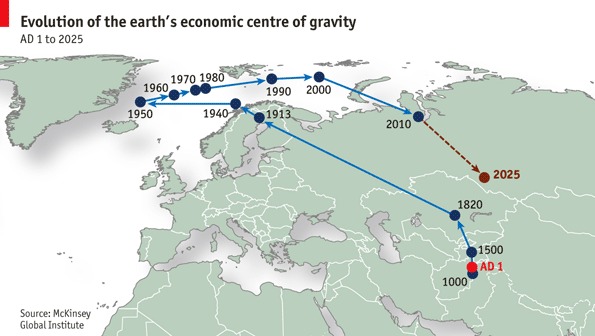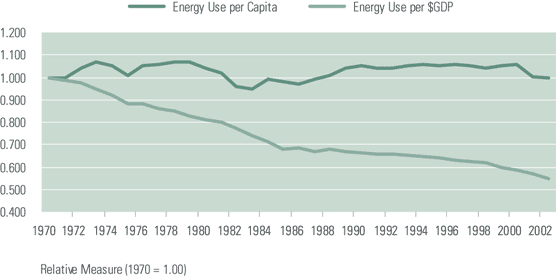The Good and Bad of Unions
Private employees unions (I will leave out public employee unions from this discussion, as they are a different animal) enter the public discourse a lot less frequently than they did in my youth, say in the 1970's. At that time, union power and actions and negotiations and strikes were very frequent stories on the evening news. However, one thing I have noticed throughout my life is that commentators seems to be either all-in for or against unions. I actually think the issues are more subtle, and that unionization is a mixed bag.
On the pro side, unions are basically free association. It is the right of any set of individuals to band together for negotiating leverage.
On the pro and con side is the role of government. Early on, the government acted to stop individuals from exercising their free association rights and forcibly break up unions and bar their activities. Today, I would probably argue the government has slid the other way by writing rules to tilt negotiating power away from employers towards unions (the obvious counter to this is if it is true, why have private unions withered over the last two decades).
On the con side, and it is a big con, is the tendency of unions to push beyond just wage and working condition negotiation into advocating for productivity destroying rules (e.g. featherbedding, strict job categories, etc). These productivity destroying rules have helped to undermine whole industries, and, ironically, the unions themselves. They embody an inherent contradiction in that the wages gains the union wants require productivity gains to support, productivity gains which are impossible under union-preferred work rules.
Here is a great example of the negative side of these union rules, from a NYT report on why New York subways cost so much more to build than do similar projects in the rest of the world
It is not just tunneling machines that are overstaffed, though. A dozen New York unions work on tunnel creation, station erection and system setup. Each negotiates with the construction companies over labor conditions, without the M.T.A.’s involvement. And each has secured rules that contractors say require more workers than necessary.
The unions and vendors declined to release the labor deals, but The Times obtained them. Along with interviews with contractors, the documents reveal a dizzying maze of jobs, many of which do not exist on projects elsewhere.
There are “nippers” to watch material being moved around and “hog house tenders” to supervise the break room. Each crane must have an “oiler,” a relic of a time when they needed frequent lubrication. Standby electricians and plumbers are to be on hand at all times, as is at least one “master mechanic.” Generators and elevators must have their own operators, even though they are automatic. An extra person is required to be present for all concrete pumping, steam fitting, sheet metal work and other tasks.
In New York, “underground construction employs approximately four times the number of personnel as in similar jobs in Asia, Australia, or Europe,” according to an internal report by Arup, a consulting firm that worked on the Second Avenue subway and many similar projects around the world.
That ratio does not include people who get lost in the sea of workers and get paid even though they have no apparent responsibility, as happened on East Side Access. The construction company running that project declined to comment.
The article also touches on one of my frequent themes, about why Progressives still support huge public sector payrolls when these actually reduce the government services they are passionate about:
Public officials, mired in bureaucracy, have not acted to curb the costs. The M.T.A. has not adopted best practices nor worked to increase competition in contracting, and it almost never punishes vendors for spending too much or taking too long, according to inspector general reports.
At the heart of the issue is the obscure way that construction costs are set in New York. Worker wages and labor conditions are determined through negotiations between the unions and the companies, none of whom have any incentive to control costs. The transit authority has made no attempt to intervene to contain the spending.
“It’s sad, really,” said Lok Home, owner of the Robbins Company, which manufactured much of the tunneling equipment used for East Side Access. “Because if they controlled the costs, they could do twice as many expansion projects and still have more money for maintenance.”







